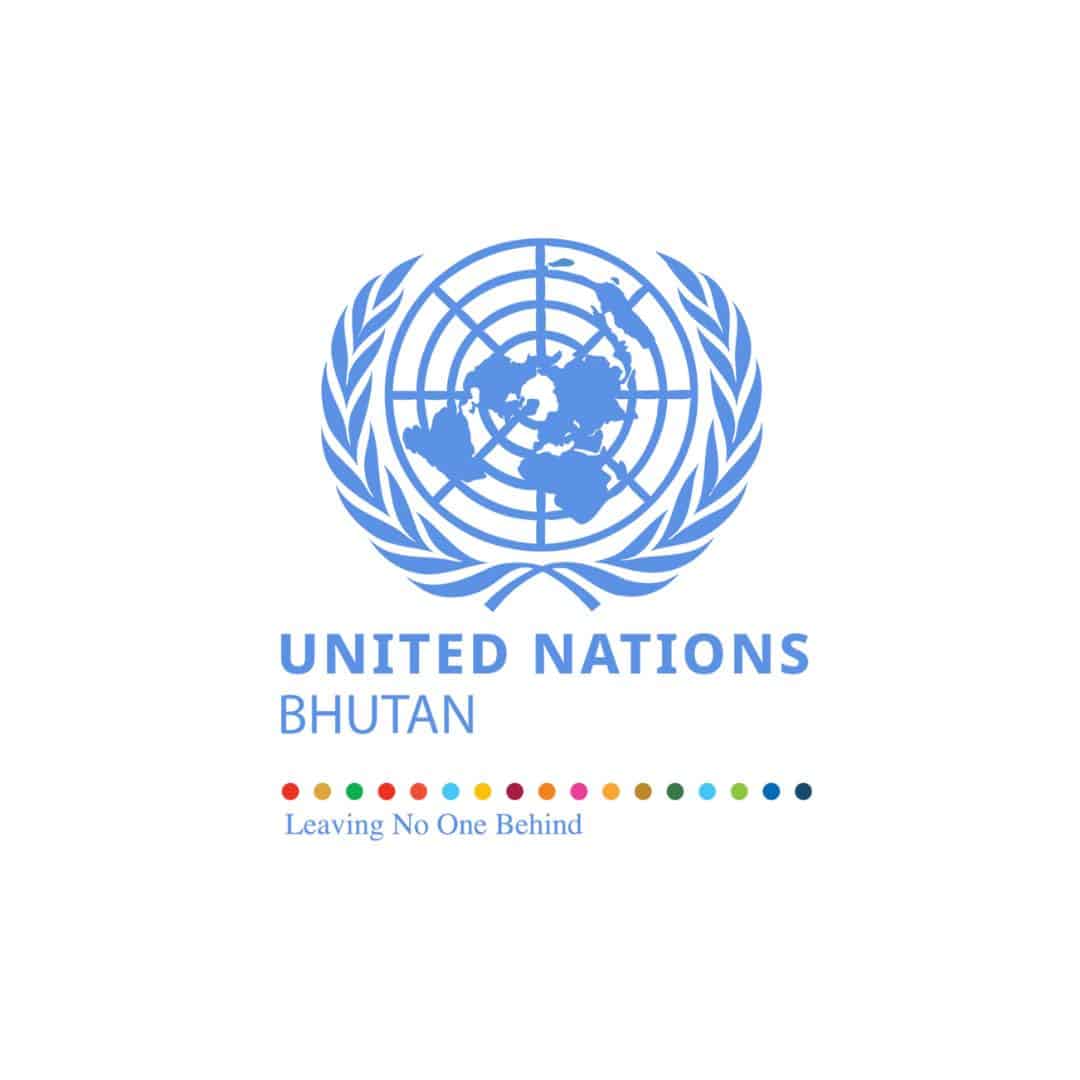Private media in the country has been struggling for a long time now but little has been done to improve the conditions
Bhutan’s press freedom ranking improved to 80 from 94 last year. While this is good news, the state of media, particularly privately owned, has remained the same, if not worsened.
Private media is dying a slow but veritable death and interventions are necessary.
From 11 private newspapers, the number has whittled down to six. Five newspapers that folded are Bhutan Observer, Druk Neytshuel, Bhutan Youth, Druk Melong and Druk Yoedzer.
The private media companies are barely surviving.
Former Prime Minister Dasho Tshering Tobgay last week in his blog ‘Who killed the private media?’ brought up the issue of media sustainability and accused Kuensel for being the main culprit for the death of the private media in the country.
He also mentions that when in power as the head of the government, he could not help the private media. “As for me, I know that I should have done a lot more to improve the media landscape, especially in the private sector, during my tenure in the government. I regret that I could not and did not. That said, I will continue to support a free and fair media,” he said.
Namgay Zam, the Executive Director of Journalists Association of Bhutan (JAB) said that private media is dying because of financial issues, not because of censorship or government interference. This is why media owners have been lobbying for years for funding from the government and elsewhere. Ideally, no one should be relying on funds from the government – that is what allows them editorial interference. “Do I see the closing of media houses as affecting journalism in the country? Only in numbers. The quality remains the same whether we have 7 or 12 papers.”
She further added that she is more worried about the quality of journalism than the financial sustainability of media houses. “The circulation audit by the government was instituted with good intentions, but I don’t think it is fair. Private media stands no chance against the national newspaper, Kuensel. I do encourage government subsidies (in the form of rent or publishing cost), and tax holidays to help private media. These are viable long-term options,”said Namgay Zam.
A former journalist with Bhutan Broadcasting Service (BBS), Kuenga Tashi currently in Australia said that private media is dying but some seem to be doing well. “The government of day should come up with a good policy that would strengthen weak private media organizations while ensuring the sustainability of those already doing well. Generally, we need strong political will and commitment for the future of our media.”
The Chief Executive officer of Bhutan Times, N.B. Ghalley feels that the dying of private media is mainly because of austerity measures taken by the government and also the policy of going paperless through e-Government Procurement systems. “Media’s source of revenue comes mainly through advertisement from the government and others including private firms. However, due to that measures and contract made between the advertiser and the state-owned media houses, the advertisers are reluctant to give advertisement to private media houses,” he said.
N.B Ghalley added that only providing human development capacity to the journalists will not address sustainability issues of private media houses. “Therefore it is high time that the government makes clear directives that the government agencies should advertise through media houses as well online as they wish.”
Kunga Tenzin Dorji, a radio personality and former editor, said private media is dying because there are many players in too small a market and not a large enough population to sustain the industry. “Little or no government support and that is why private media is dying and also because of government advertisements going to state-owned media,” he said.
Asked about solutions, he said BBS should be given the status of Public Broadcasting Service (PBS) that could free up for the private media advertisements and also government advertisements should be more evenly distributed. “There should be a lot more concentrated effort to revitalize the media because deteriorationin media signals deterioration in society as well. People in the government are so guarded they do not realize that a weak media will eventually prove against themselves and to the entire society at large,” he said.
Chencho Dema from Thimphu















